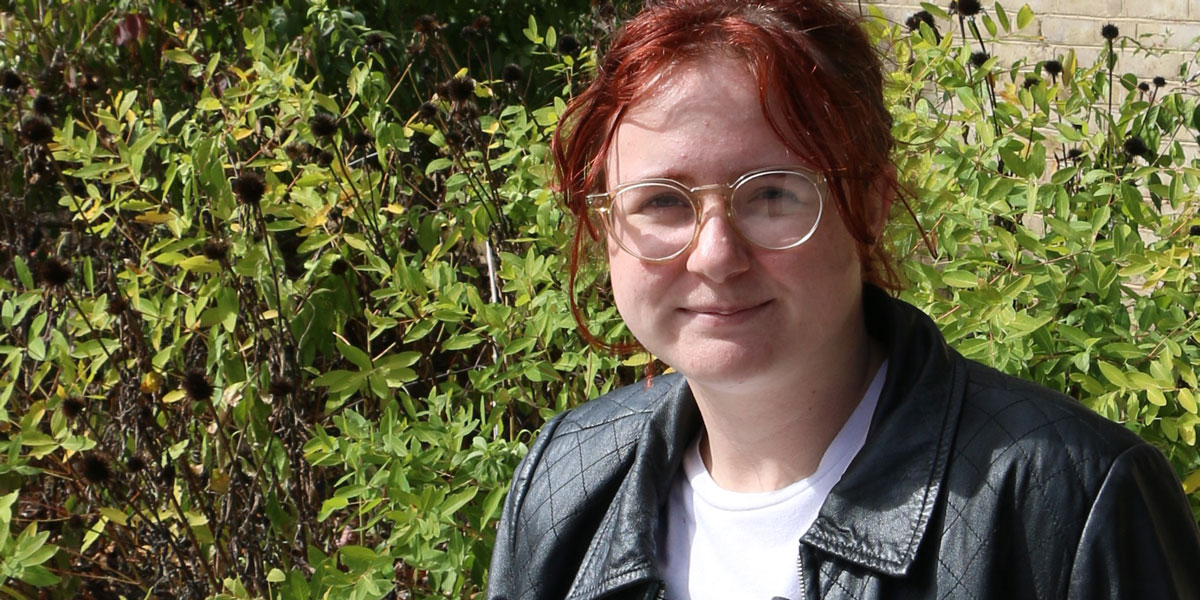
“I want to go through college as debt-free as possible,” said Jacob Flores, a first‑year biology major at Anne Arundel Community College. “I don't want to deal with that after.”
It’s a thought on many high school students’ minds. They’ve watched older siblings, friends and cousins go to college only to graduate with a degree and thousands of dollars of debt. And for those in families falling in the awkward financial position of having too much income for many need-based grants like the Pell Grant, but not enough to outright pay for college, their option is to take loans. The Maryland Community College Promise Scholarship was created to fill that gap.
“(The Maryland Promise Scholarship) was the only scholarship I got, and I was offered a couple of loans,” said Sara DiPietro, a Transfer Studies major planning to get a bachelor’s degree in art education.
The 2019-2020 school year was the first year the Maryland Promise Scholarship was funded. The scholarship covers up to $5,000 in tuition per year for eligible students to attend their local Maryland community college.
“I wasn't the best student in school, and we're not in the most financially needy family, but we still got my whole tuition for the school year covered,” DiPietro said.
Without the burden of paying for college, students are able to focus on their studies.
“Thanks to the Maryland Promise Scholarship, I am able to take a full class load and obtain more credits than I would have been able to afford without the scholarship,” said business administration major Mary Greenawalt.
Although it’s been called “free college,” the scholarship is not for everyone and it doesn’t mean community college is free. Students are still responsible for fees, books and housing costs. The scholarship is available only to students who graduated from a Maryland high school or a GED® recipient eligible for in-state tuition at a Maryland community college. There are a number of enrollment and renewal requirements listed on the Maryland Higher Education Commission page, and the scholarship should be considered carefully as part of a financial discussion around attending college.
“I would strongly advise anyone thinking about applying for the Maryland Promise Scholarship to look into the requirements and submit their documents as soon as they can to ensure they are received by the deadline,” Greenawalt said.
If you’re eligible, apply by filling out the FAFSA by March 1 and listing your local community college in the schools section of the FAFSA (AACC Code: 002058). For the most up-to-date information about Maryland Promise, visit the Maryland Higher Education Commission.
“Just do it, because it's kind of like just a resource that you can use if a plan of yours doesn't work out. You still have community college and (the scholarship) as well,” Flores said.